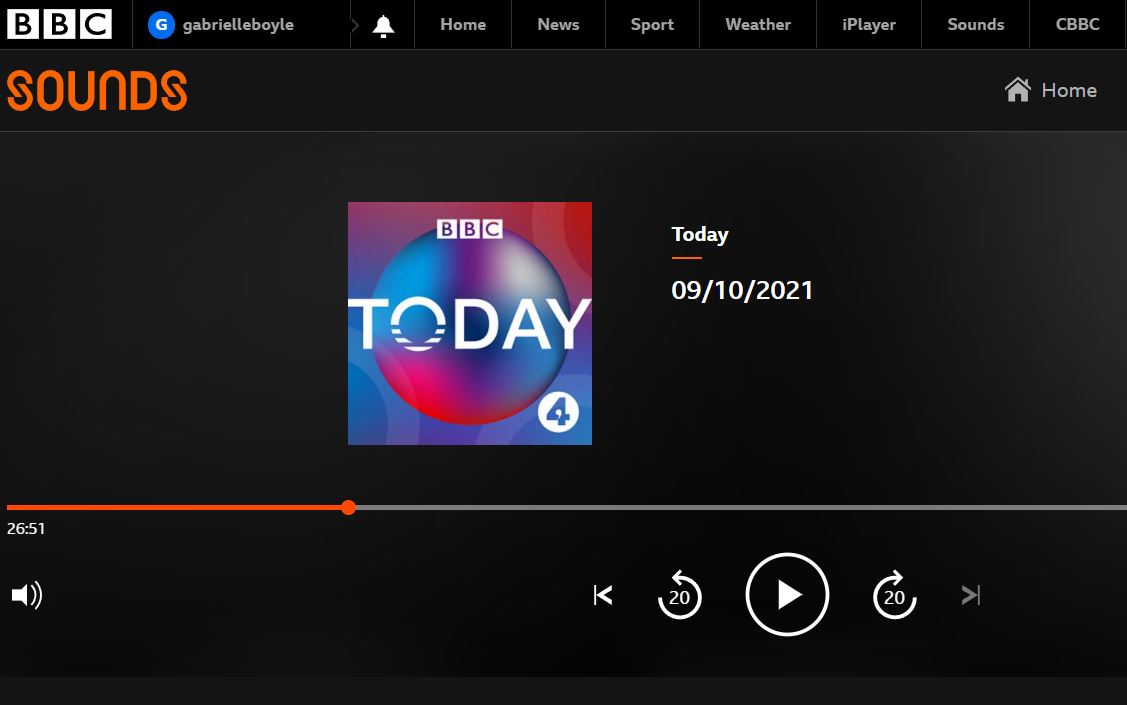
There is not very much government help available for people who are concerned about the energy prices rising and who want to improve the energy efficiency of their homes. There is the ECO scheme, which is available to help people improve the energy efficiency of their houses. But about 80% of the people most effected are not eligible for that scheme. So, what we have got is a complete failure to follow through on actually achieving the level of investment that is necessary to meet the climate change targets, which if we did do that, would actually more or less for those households, off-set the current and forecast increases in the price of gas.
The reason why there has been such a low take up of past government schemes to improve the energy efficiency of homes is because the has been such an extra ordinary inconsistency in government policy. In order to deliver those energy improvements to houses you have to build up the workforce to do that, and the businesses to actually do the delivery, and government has been so inconsistent, people have got the qualifications and certified to do it and then found out that the government has then changed the policy. There has never been enough money put into this, partly because it has never been an issue that attracts headlines. But actually, this is the thing that makes the most difference, but what you have got is a very inconsistent set of policies from government that means that people are unsure that if they do make the investment that actually it will be worthwhile.
One of the main problems with the green homes grant, which was scrapped earlier this year, is that there wasn’t the workforce able to deliver the improvements. If the government put up the funding required, would the industry be able to deliver the improvements required? Not overnight. One of the things that make that policy fail, is that the government then had the very bright idea of hiring in some American consultants to advise them on how to do it. And as we have learned from the way in the covid vaccination worked effectively, as compared to track and trace or PPE, if you rely on local government to be involved in the delivery of these things, then you actually get the achievement and the delivery that you are looking for. The idea that you can somehow outsource this to a remote consultancy seems very foolish.
A potential upside of the energy crisis we are seeing is that people will now be driven to take action that will improve our energy efficiency and reduce our dependency on fossil fuels. For households, the real benefit is that you reduce your exposure to the volatility of fossil fuel prices. And one thing I think that we can reasonably rely on is that as we go forward, these prices are going to continue to be volatile. So, the more that people invest in the infrastructure of improving their energy efficiency, the less exposed they are to the volatility that causes the kind of energy price spikes that we are seeing right now.
These are excerpts of and interview for Radio 4 Today. The full discussion and be listened to here:
